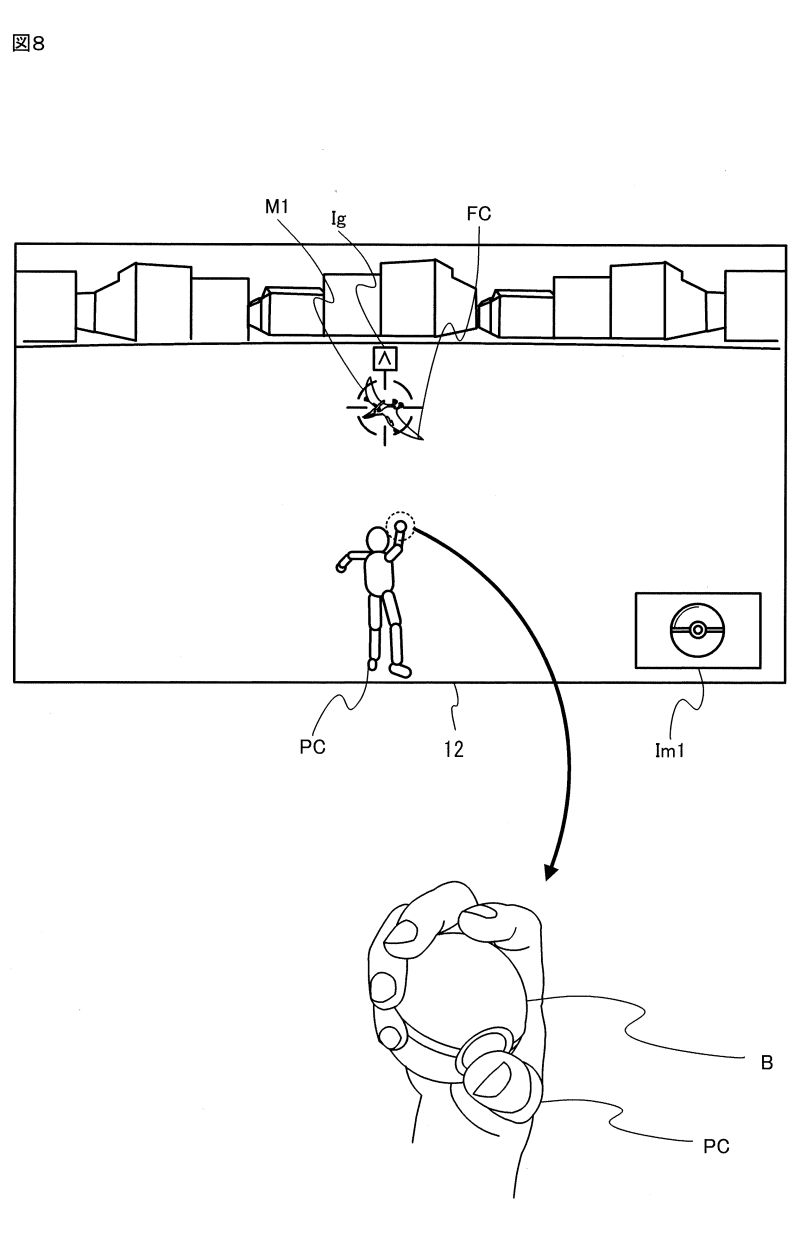
Pocket Pair, the creator of Palworld, cited the patents Nintendo is suing them under.
Journal 42 Phillip Black November 8

Pocket Pair, the creator of Palworld, cited the patents Nintendo is suing them under. And boy, is it Japanese patent law nuts. It’s enough to radicalize me against patent protection of any type in games (I’m looking at you, Shadow of War).
While something might be lost in translation, the breath is insane.
𝗣𝗮𝘁𝗲𝗻𝘁 𝗡𝗼. 𝗝𝗣𝟳𝟱𝟰𝟱𝟭𝟵𝟭𝗕𝟭
It tries to patent, among other things, how players capture and train virtual creatures over time, including evolution mechanics.— It specifically discussed how multiple evolution paths change stats based on player input (e.g., a creature gets more health because you pet it).
𝗣𝗮𝘁𝗲𝗻𝘁 𝗡𝗼. 𝗝𝗣𝟳𝟱𝟮𝟴𝟯𝟵𝟬𝗕𝟮
This one is sore nuts, trying to patent how players interact in biomes, like altering terrain or weather conditions. It includes progression systems like resource points based on in-game gathering activities!
𝗣𝗮𝘁𝗲𝗻𝘁 𝗡𝗼. 𝗝𝗣𝟳𝟰𝟵𝟯𝟭𝟭𝟳𝗕𝟮
This one is more technical, and I’m unsure how to read it. It creates an architecture to “enable a high-quality multiplayer experience in a virtual world” that includes silliness like synchronizing events.
The incentive effect is minimal; we don’t need to grant creators monopolies over these “inventions,” as they profit plenty from their first run, also becoming richer from the other non-patented methods. Lack patent law is welfare enhancing.
Economist Petra Moser examined historical data from 19th-century World Fairs to assess the impact of patent laws on innovation. She found that countries without patent laws were equally or even more innovative than those with strict protections. Inventors in countries without patents focused on trade secrets and innovations that were difficult to reverse-engineer, suggesting alternative incentives for innovation.







